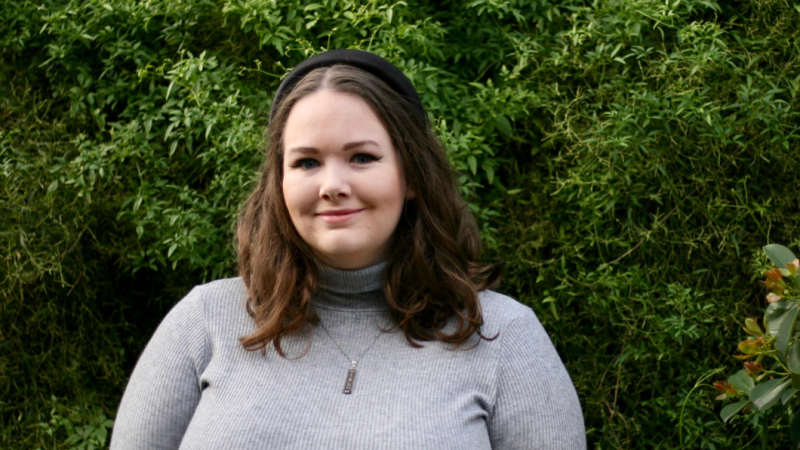Tegan Evans
Tegan (she/her) is a student, writer and advocate for lowering the age of independence to 18.
This profile is part of our Changemaker series, focussing on sharing stories from across Australia from people working with youth-led organisations and movements to beat injustice and create change.
When I tried to apply for Youth Allowance at 21, estranged from my mother and sleeping on my friends’ sofas, the realisation that I would need my mother’s cooperation was a gut-punch. It shouldn’t have been surprising that the government wasn’t going to help me.
Right now, Youth Allowance applicants under 22 (if they haven’t worked full time for a year or more) either need to provide information on their parents’ income and assets or else file for Extreme Family Breakdown which requires third party verification of the ‘breakdown’ either by the parent or a medical professional to a Centrelink employee, in writing or in an interview.
I knew I could not ask my mother. For one thing, I didn’t think she would do it, probably not the form and certainly not the interview. Admitting the breakdown of a relationship with your child is a hard pill to swallow and one which parents have no incentive to endure.
Ideally, the Youth Allowance age of independence would be 18, in keeping with our legal and cultural idea of adulthood. Failing that, accepting an affidavit from an applicant to prove Extreme Family Breakdown would solve the smaller problem I faced.
Without being part of a larger organisation to agitate for this, I use the tools I have – I write.
So far, I’ve published two op-eds in major newspapers and been interviewed in another about Youth Allowance, wage theft and young workers’ rights. It’s hard to know how they were received, or what impact they had but, anecdotally, they seem to have raised significant awareness of the issue.
It’s been shown empirically that campaigns with real stories and faces attached to them attract more attention and help the reader connect emotionally to an issue, so that’s what I’ve been trying to do. I used to be embarrassed of my past, of my lack of relationship with my mother, of having been homeless. Advocacy has helped my story feel useful, has given my suffering some purpose, and helped me reframe it as a narrative of resilience, not rejection.
Cutting young people in tertiary education off from income support is financially illogical, in the long run, given the contribution that the education sector, and an educated population, make to Australia’s prosperity. Tertiary-educated adults earn more, contribute more to the economy, and support themselves and their families as they age. To me, though, policies shouldn’t need to provide a financial return to be worthwhile. If young people cannot afford to support themselves while they study, then they won’t. Higher education will become more and more the domain of the well-off, limiting chances for the rest of us to self-actualise, to pursue what we love and to direct our own futures.
I am financially independent, I am studying my third degree and I am healing from my past, but it shouldn’t take the kind of struggle and luck I had. I advocate because I want things to be easier. I want those who are unlucky, inarticulate, who lack my advantages of race and class to get what they need because we all deserve it, not just those whose parents love them.
